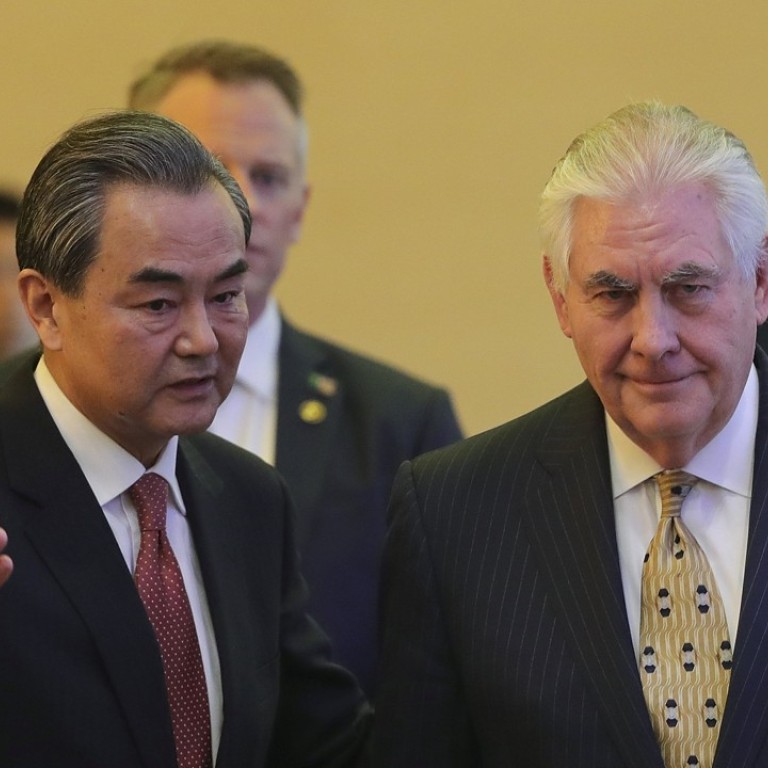
South China Sea, North Korea likely to top agenda for diplomats at Asean forum
Foreign ministers meeting in Manila expected to endorse code of conduct on maritime disputes and express ‘grave concern’ over Pyongyang’s missile tests
Disputes over the South China Sea and North Korea’s nuclear threats are expected to be the key areas of conflict when top Southeast Asian diplomats meet their counterparts from China and the US in Manila on the weekend.
US Secretary of State Rex Tillerson and China’s Foreign Minister Wang Yi are expected to hold bilateral and multilateral talks with top diplomats at the Asean gathering, which runs from Saturday until August 8. The foreign ministers are meeting amid heightened tensions after North Korea test-launched two intercontinental ballistic missiles last month.
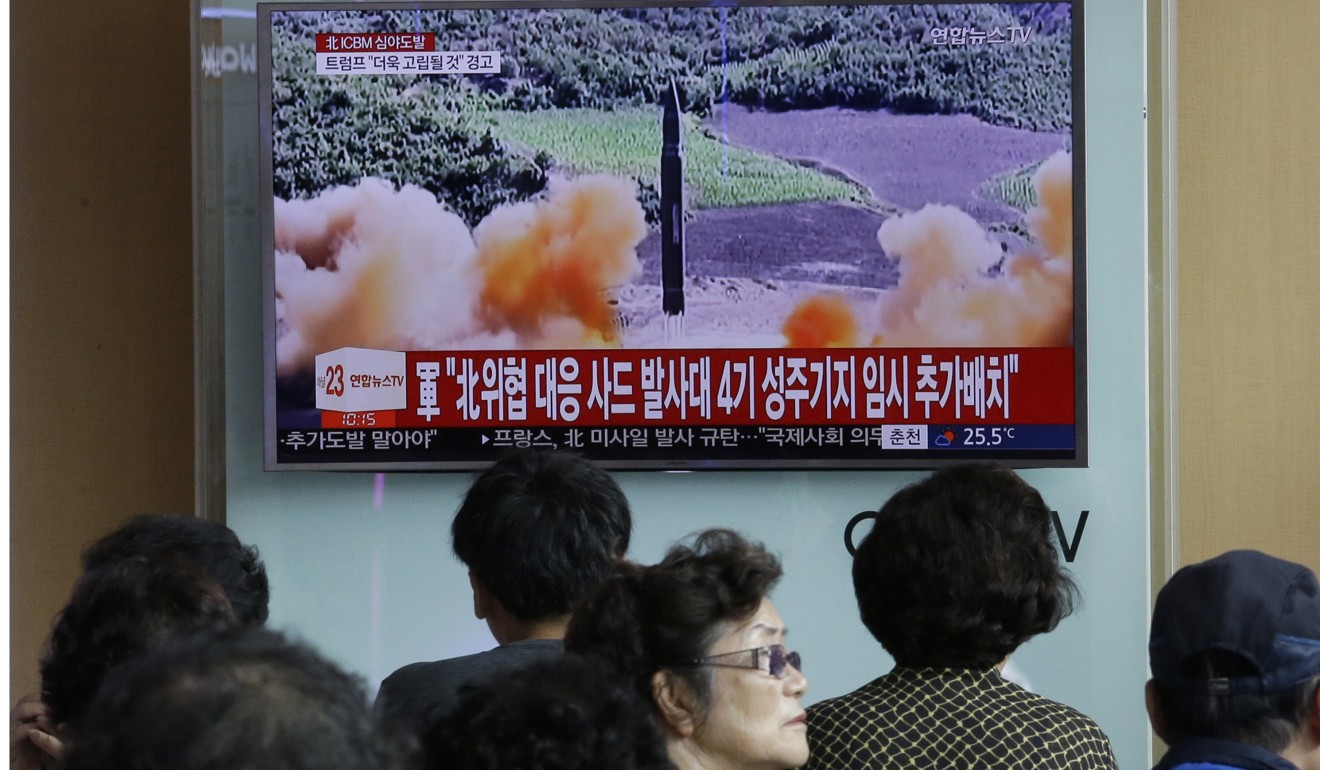
“The South China Sea and the Korean peninsula will be major theatres of contest among the major powers, with Asean stuck in the middle,” said Thitinan Pongsudhirak, an international relations scholar at Bangkok-based Chulalongkorn University.
High-level meetings of the Association of Southeast Asian Nations, which marks its 50th anniversary this year, have long been a key multilateral platform to discuss regional issues.
But Pongsudhirak said rivalry between China and the United States presented a major challenge to the bloc in maintaining its independence in policy direction.
Southeast Asian foreign ministers are expected to present a united front to formally endorse a code of conduct to manage the South China Sea disputes at the Manila gathering, as they hold back on criticism of China’s assertiveness in the contested waters.
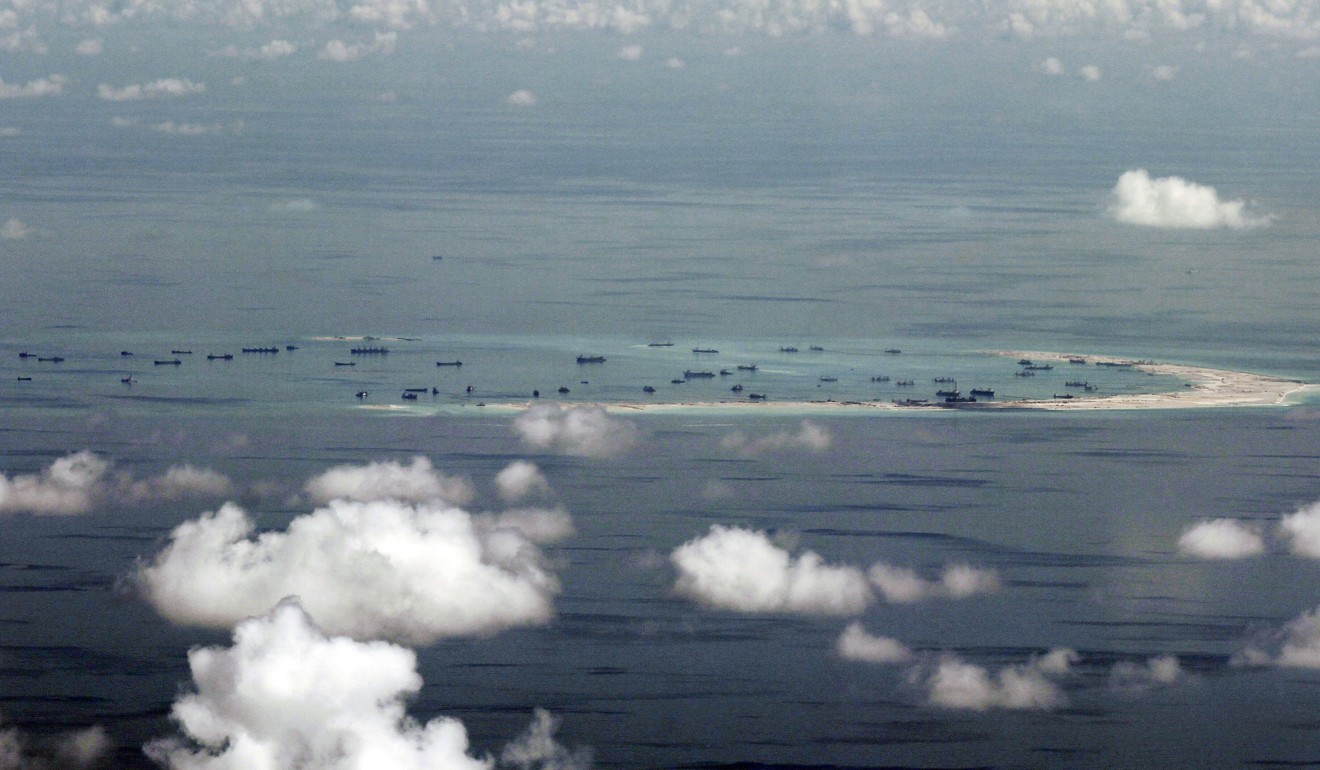
But regional analysts said the framework would be a repackaged version of previously agreed principles and that they had failed to reach an agreement over a binding mechanism to tackle sovereignty disputes.
“It’s really only a repackaged version of [the declaration of conduct] without anything substantial,” said Richard Javad Heydarian, a political scientist at Manila-based De La Salle University.
“The code of conduct only serves as an important diplomatic weapon for China to push the US out of the picture and portray itself as open to negotiating with Asean,” he said.
China has long maintained that the disputes should be resolved between the claimants without “outside influence” from the US.
The Philippines, which is chairing the bloc this year, has sought to downplay its territorial disputes with China. Philippine President Rodrigo Duterte set aside the dispute – after Manila won a landmark case in The Hague against Beijing last year that invalidated China’s claim to sovereignty over most of the South China Sea – in exchange for billions of dollars of trade and investment.
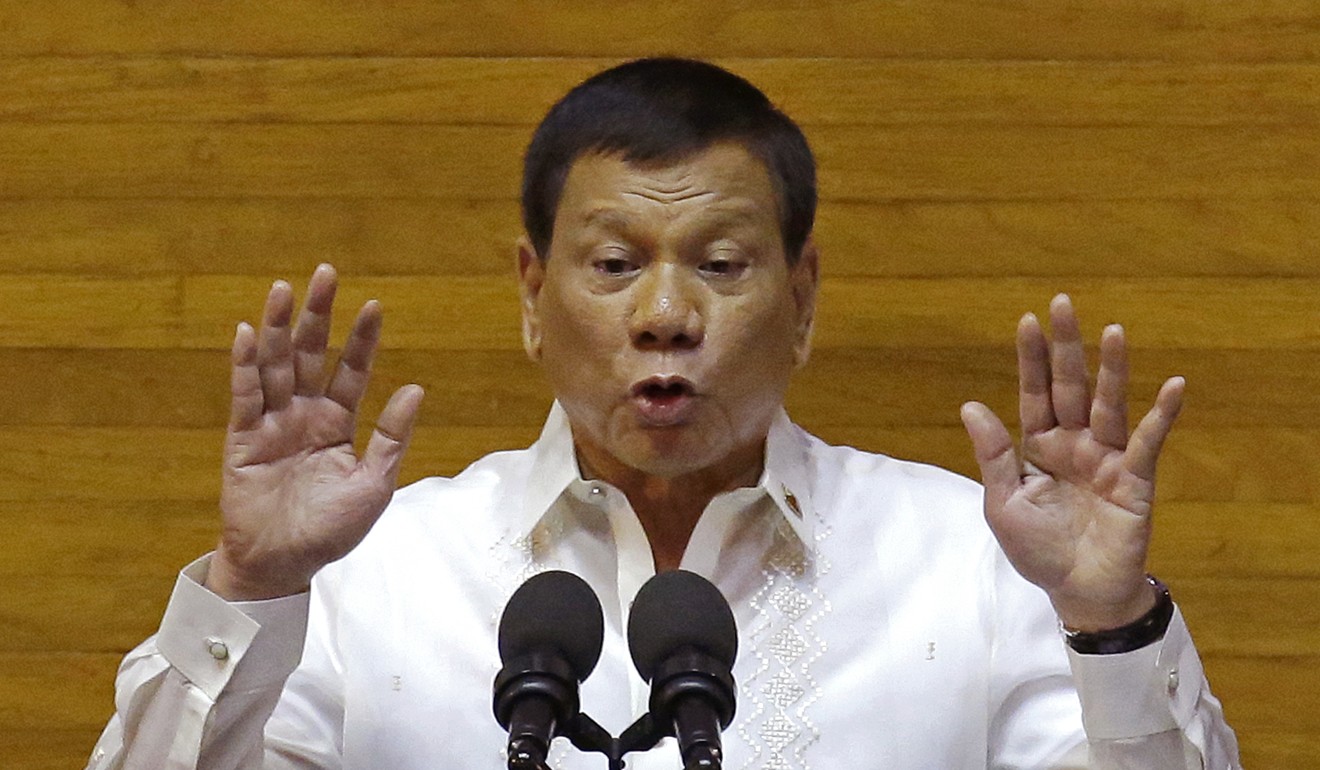
That leaves Vietnam as the most vocal claimant in the dispute.
But Heydarian said Duterte’s rapprochement with China had caused murmurings of discontent among Asean nations, with Malaysia, Brunei and Indonesia privately expressing disappointment over his soft handling of the issue.
North Korean Foreign Minister Ri Yong-ho will be among the region’s top diplomats to attend the Asean Regional Forum in Manila, where concerns over Pyongyang’s nuclear weapons programme are expected to be high on agenda, according to Philippine officials and regional experts.
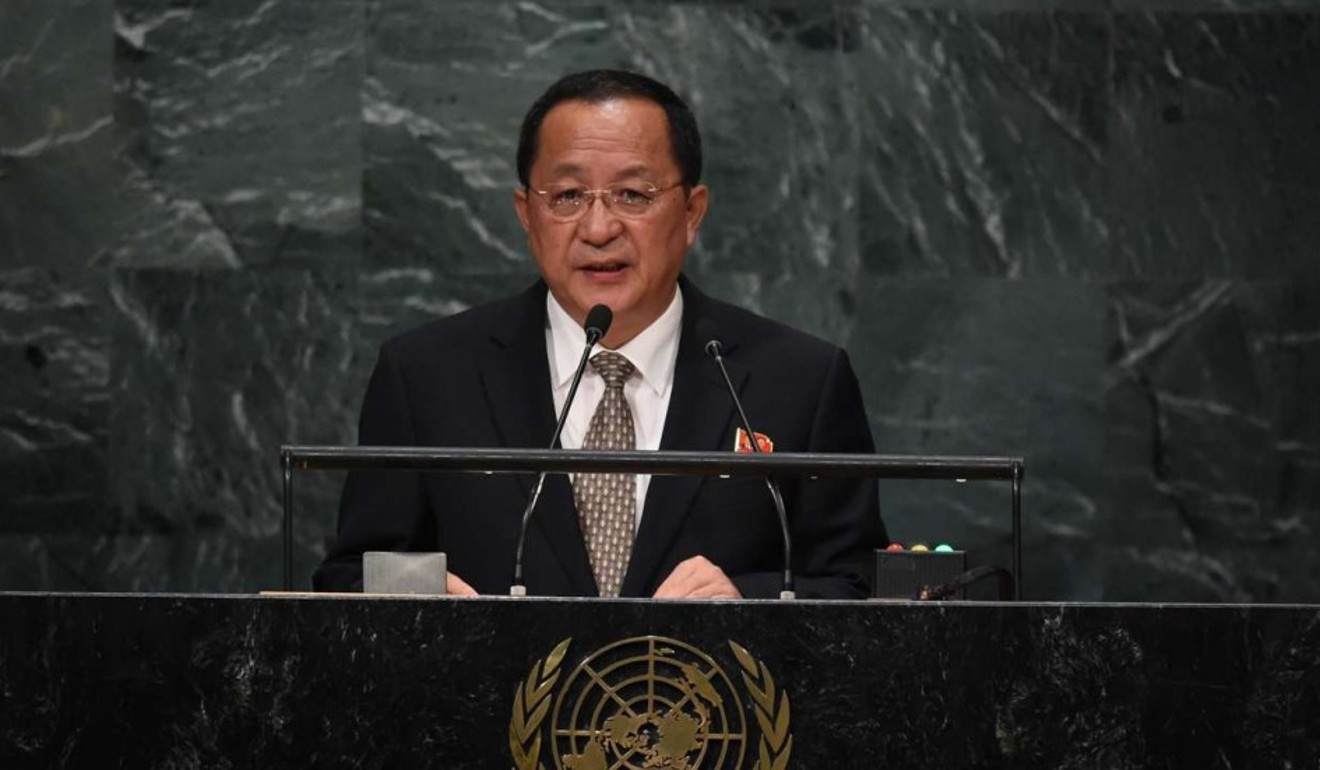
“On the surface, Asean looks irrelevant to the North Korea crisis,” said Heydarian. “But North Korea actually sees Asean as an important neutral power it could seek help from when it’s under pressure.” He added that North Korea’s close trade links with the Southeast Asian countries also meant Asean’s support was crucial in implementing international sanctions against Pyongyang.
Asean foreign ministers are expected to express “grave concern” over North Korea’s ICBM test-launches on July 4 and last Friday in a joint statement after their meeting on Saturday, Reuters has reported.
North Korea appealed to Southeast Asian countries for support in March when Ri sent a letter to Asean’s secretary general warning that the Korean peninsula was “reaching the brink of war” amid a series of missile tests by Pyongyang and tough rhetoric from Washington.
But Sarah Teo, a regional security analyst with Nanyang Technological University in Singapore, said Asean’s role remained limited. “Asean’s role in this issue would most likely be as a neutral platform to facilitate dialogue and engagement among the key players in the issue. After all, the countries that comprise the six-party talks will all be represented at the [regional forum],” she said.
But Teo added that “Asean can only play a supporting role, and how this issue will ultimately play out at the [regional forum] depends a lot on factors beyond Asean’s control.”

